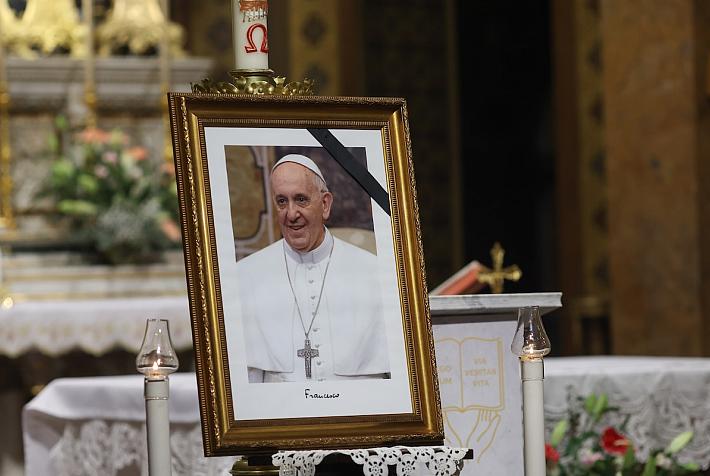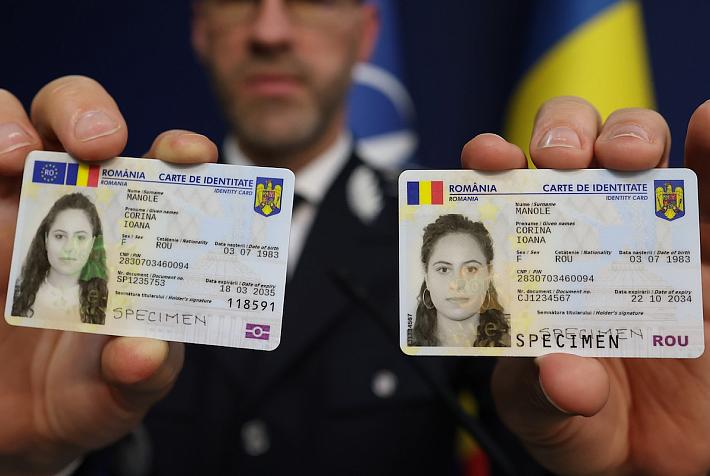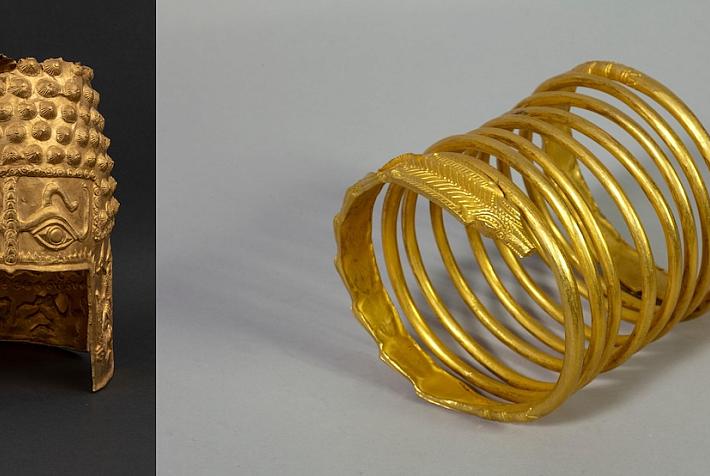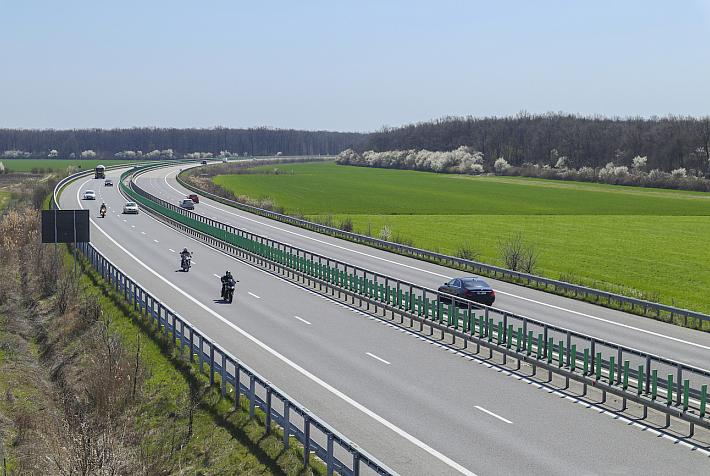US urges Romanian Parliament to reject proposals that may weaken rule of law
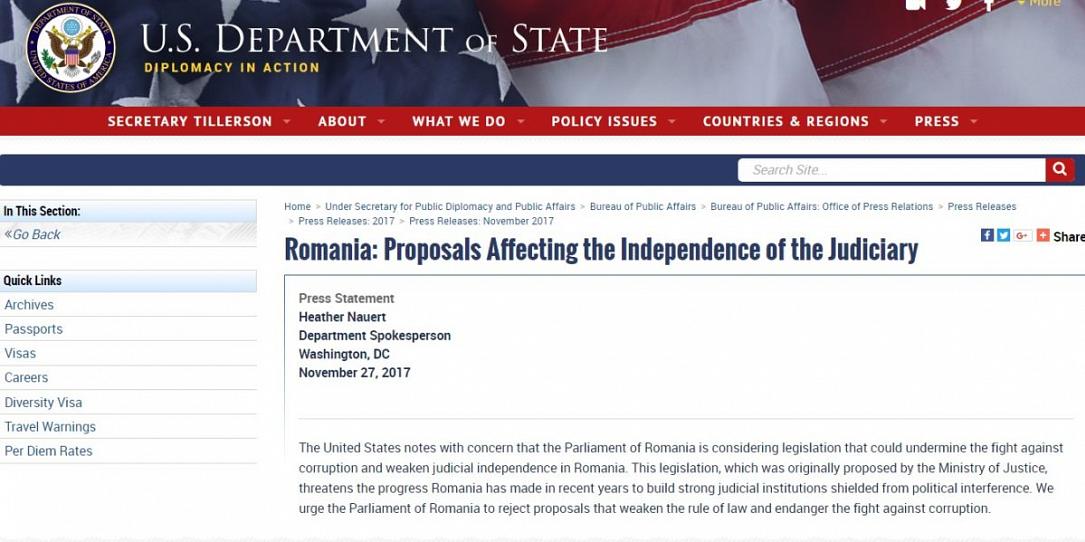
The United States notes with concern that Romania's Parliament is considering legislation that could undermine the fight against corruption and weaken judicial independence, reads a press statement posted on the US State Department’s website on Monday, November 27.
This legislation, which was originally proposed by the Ministry of Justice, threatens the progress Romania has made in recent years to build strong judicial institutions shielded from political interference, according to the same statement.
“We urge the Parliament of Romania to reject proposals that weaken the rule of law and endanger the fight against corruption,” is the strong message that the US State Department is sending to the Romanian lawmakers.
US is one of Romania's most important international allies. The two countries have a strategic partnership for security and economic development.
US Ambassador to Romania Hans Klemm made a similar statement on Monday, after a new massive protest in Bucharest and other Romanian cities on Sunday evening against the proposed changes to the justice laws.
A special parliamentary committee headed by former justice minister Florin Iordache, has been working in the last few days on changing several important laws for the justice system. Current justice minister Tudorel Toader sent the draft justice laws to the Parliament in October despite negative reactions to some of the proposed changes coming from the president, local magistrates, the civil society, and the European Commission.
The initial draft provided that the president would be removed from the process of naming chief prosecutors and that the Judicial Inspection, the institution in charge of investigating magistrate misconduct, would be placed under the Justice Ministry’s authority. The changes have been criticized for placing the judiciary under political control.
The parliamentary committee led by Social Democratic Party (PSD) MP Florin Iordache came with several amendments of its own to the justice laws. Some amendments were dropped shortly after being discussed only to be replaced by others. For example, the committee decided to keep the president in the process of naming chief prosecutors but proposed that the president can’t refuse the nominations for the president of the High Court of Cassation and Justice.
The General Prosecutor’s Office warned that some of the amendments the committee discussed on Friday, November 24, would abolish the prosecutors’ independence.
Florin Iordache reacted after the Sunday protests in Bucharest saying that the protesters should understand that the Parliament is trying to come up with better laws for the justice system.
However, many doubt the governing coalition’s good intentions given that high profile politicians, including Social Democratic Party (PSD) leader Liviu Dragnea, are being investigated for corruption offenses. The National Anticorruption Directorate (DNA) decided last week to freeze Dragnea’s assets in a case of EU funds fraud that started after a notification from the European Anti-Fraud Office (OLAF). The DNA charged Dragnea with abuse of office and organizing a criminal group in relation to EU-funded contracts he awarded to a private construction company believed to be under his control back when he was president of the Teleorman County Council.
Dragnea said that this new case against him was aimed at blocking his party’s initiative to change the justice laws. PSD also adopted a resolution that states the existence of a “parallel state”, namely an alternative and illegitimate power structure in Romania, which aims to control the local political power using public resources. According to PSD, this structure includes people who lead power structures in Romania, without nominating them. However, PSD’s attacks in recent months have mainly targeted the chief prosecutor of the National Anticorruption Directorate (DNA), Laura Codruta Kovesi.
The battle between the political power and the main prosecution bodies in Romania intensified at the beginning of this year when the former PSD-led government adopted an emergency ordinance changing the Criminal Code and partly decriminalizing abuse of office, one of the most common corruption offenses in Romania. The ordinance was drafted by Florin Iordache, who was justice minister at the time. It triggered the biggest protests Romania has seen in years and negative reactions from the European Commission and foreign embassies. Faced with such high pressure, the Government repealed the ordinance and Iordache resigned.
However, the PSD-ALDE governing coalition hasn’t given up on changing the Criminal Code and the same parliamentary committee led by Iordache is currently working on the amendments. The committee considers setting a damage limit under which abuse of office is not a criminal offense or redefining it altogether. These changes would have a negative impact on the fight against corruption in Romania, according to DAN chief prosecutor Laura Codruta Kovesi.
editor@romania-insider.com






